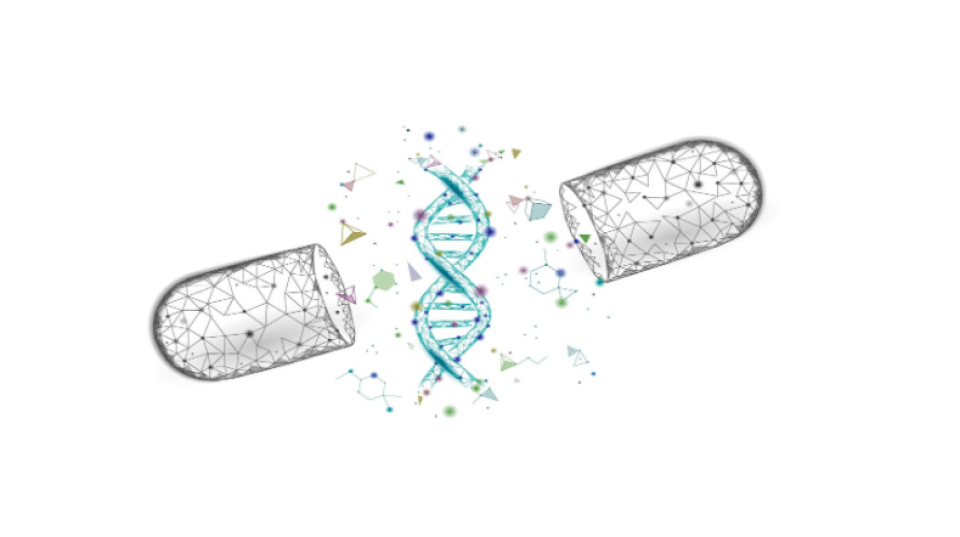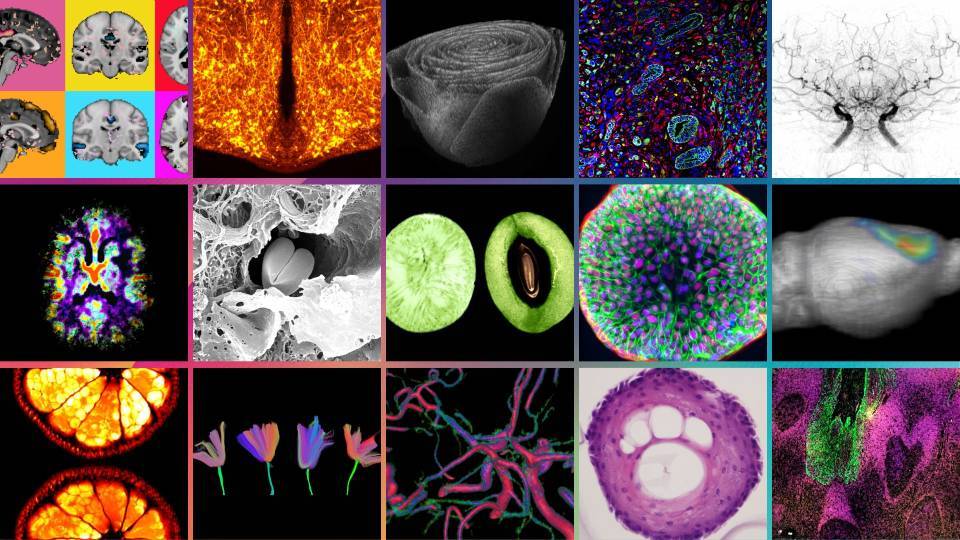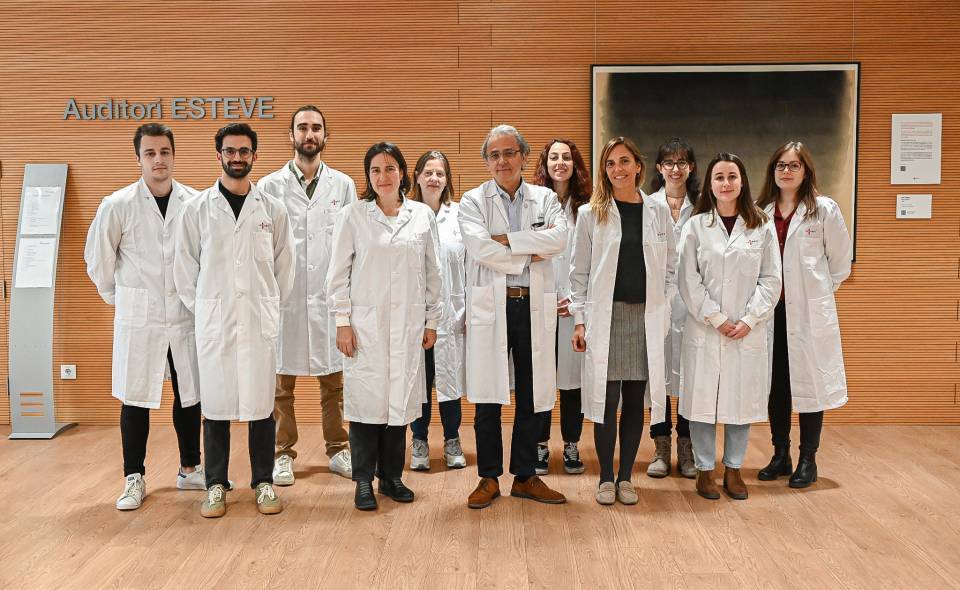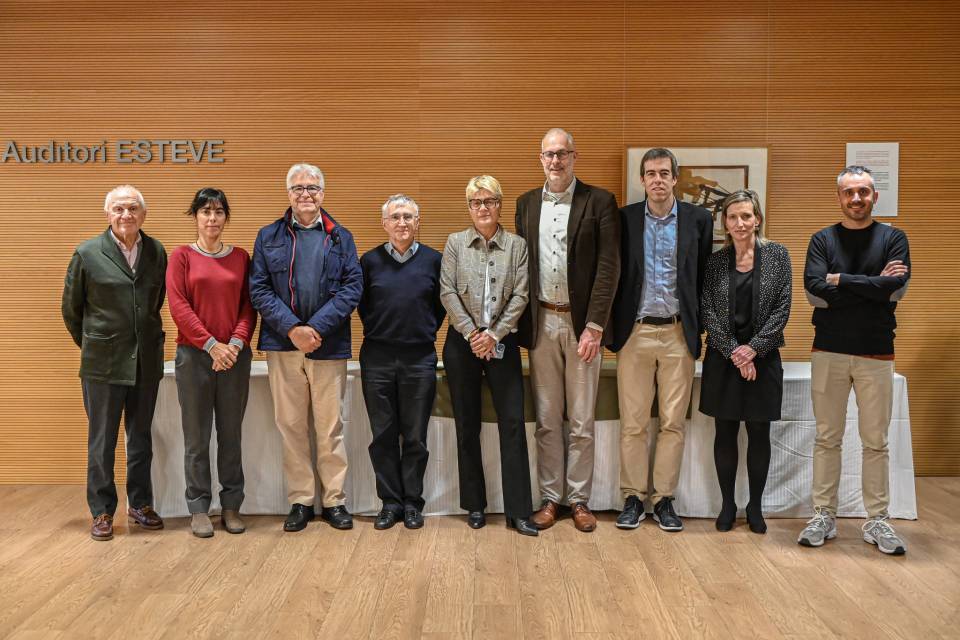March 2024 – May 2024
The analysis of the sequencing results of the genomes of the patients continues, and in order to go deeper and detect all the relevant information, we have once again contacted the experts from the National Center for Genomic Analysis (CNAG) to assist us in the analysis of the results. Due to the complexity of sequencing an entire genome, CNAG bioinformaticians will re-analyze the sequencing results of the germline genomes of the patients to identify specific genetic variants, copy number variants that we might have missed in the first place. They will also analyze and make predictions of aberrant splicing, a process in which genes eliminate the non-coding regions of genes and keep the coding ones. They will also be in charge of carrying out the transcriptomic analysis of the patients.
With the sequencing data CNAG will also do a Pharmacogenomics study. Pharmacogenomics is the study of how genes affect the way we respond to medications. With this study we expect to identify alterations in genes that may affect people's response to medications. This type of information could help choose the type of drug that can be given to each patient according to their genetic component, so that the treatment provided is effective.
In turn, in April we contacted the Center for Omic Sciences (COS) of the Eurecat technology center to design a metabolomics study. We want to study the patients' metabolome to see if there are any differences in the metabolites present in each patient. With this study we want to create metabolic profiles and study the energy metabolism of the patients. COS can even provide us with information about patients' lipidome. Lipidomics is the study of lipids (fats) in the biological system. This type of information would allow us to establish the complete lipid profile of each patient to complement the metabolomics study.
It should be noted that next June we are going to present at the European Congress of Human Genetics (ESHG) one of the cases that has been solved with the sequencing of the genomes. ESHG conference is one of the most important in the world, where researchers, doctors and specialists in the field of genetics meet to share information and knowledge of rare cases, new discoveries and technological advances in the field of human genetics. We will take the opportunity to present the interesting case that we were able to solve of a family with Lynch syndrome, which consisted of a complex rearrangement involving MLH1 gene and its neighbor gene LRRFIP2. Complex chromosomal rearrangements in Lynch syndrome cases are difficult to detect with the diagnostic techniques that we have currently available in the clinic. The presentation of such cases at conferences such as ESHG can help resolve other cases in which a genetic cause could not be found. Furthermore, it is a great opportunity to meet other scientists who work in your field of expertise to exchange knowledge and make future collaborations.




